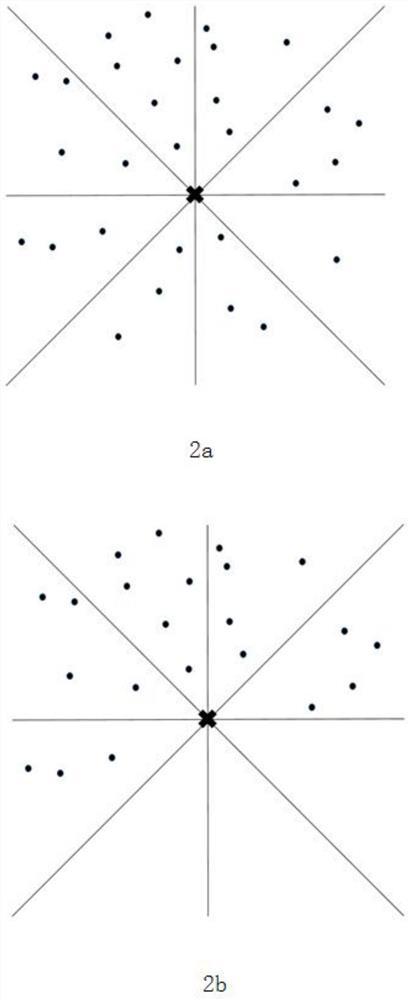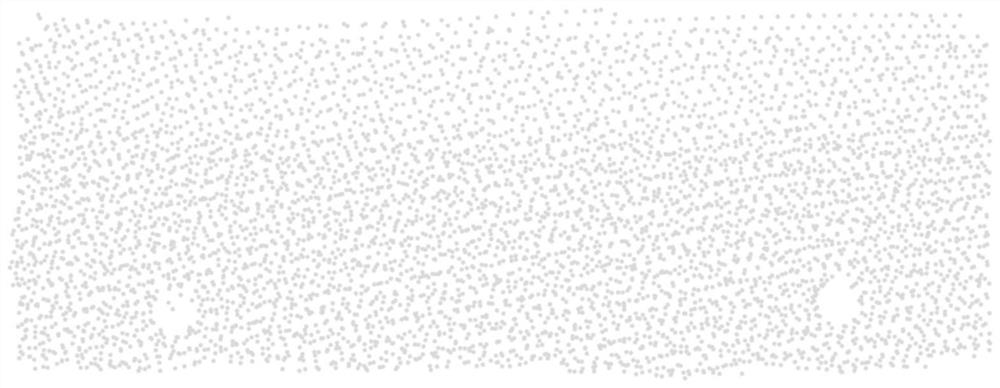A Method for Extracting Plane Circular Holes of Prefabricated Components Based on Point Cloud Data
A technology of point cloud data and prefabricated components, applied in image data processing, image analysis, image enhancement, etc., can solve the problems of artificial hole detection and reverse modeling subjectivity errors, excessive labor consumption, etc. The effect of the modeling process
- Summary
- Abstract
- Description
- Claims
- Application Information
AI Technical Summary
Problems solved by technology
Method used
Image
Examples
Embodiment 1
[0034] see figure 1 , this embodiment discloses a method for extracting plane round holes of prefabricated components based on point cloud data, comprising the following steps:
[0035] 1) Input the point cloud data of the plane with round holes in the prefabricated components.
[0036] 2) Process the point cloud data input in step 1) with an edge extraction algorithm to obtain a list of edge points including inner edges and outer edges.
[0037] 2.1) Calculate a certain number of nearest neighbor points for each point.
[0038] 2.2) If figure 2 As shown, take each point as the center, divide its neighborhood into eight equal angles, and judge whether all of the eight areas fall into the nearest neighbor of the point, if not, mark the point as an edge point. In particular, by controlling the number of nearest neighbors, different classes of edge points can be obtained. see Figure 4 , according to the number of point clouds in the specific implementation example, when ed...
PUM
 Login to View More
Login to View More Abstract
Description
Claims
Application Information
 Login to View More
Login to View More - R&D
- Intellectual Property
- Life Sciences
- Materials
- Tech Scout
- Unparalleled Data Quality
- Higher Quality Content
- 60% Fewer Hallucinations
Browse by: Latest US Patents, China's latest patents, Technical Efficacy Thesaurus, Application Domain, Technology Topic, Popular Technical Reports.
© 2025 PatSnap. All rights reserved.Legal|Privacy policy|Modern Slavery Act Transparency Statement|Sitemap|About US| Contact US: help@patsnap.com



